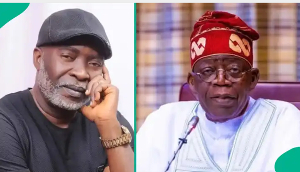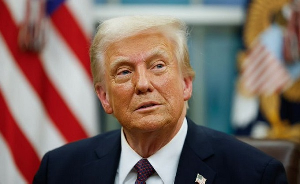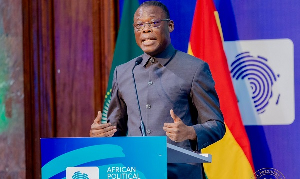Medical professionals were on Monday reminded that they had a responsibility to provide equal care to all patients in need regardless of race, colour, nationality, or political belief or for "any improper reason."
Mr Emile Short, Commissioner of the Commission on Human Rights and Administrative Justice, (CHRAJ), said "suspects, even armed robbers and prisoners are entitled to equal health care." He was speaking at a day's seminar on the theme: "Human Rights, Ethics And The Legal Responsibility In The Medical And Dental Profession" in Accra.
It was organised by the Medical and Dental Council and CHRAJ and attended by over 50 health professionals. Mr Short explained that the right to health care, as found in 25 Article of the Universal Declaration of Human Rights and in Ghana's Constitution, rested on the notion of survival, which was the most fundamental of all human rights.
He, however, noted that poverty, callousness, inconsideration, rudeness and acts of administrative injustice perpetrated on patients by some hospital personnel had often violated the patients' rights to health care. The Commissioner cautioned health professionals never to "participate, directly or indirectly, in physical or psychological torture."
Citing cases, in which Police suspects were found to have been chained to their hospital beds while on admission, he said, "health professionals must not turn a blind eye to any form of human rights violation by the security forces, such as torturing people to admit being responsible for unsolved crimes..."
Mr Short explained that even though confidentiality required that a doctor must not disclose the medical history of a patient, public interest would, however, require disclosure, where for instance, someone continued to drive despite fits and blackouts "or when someone with HIV/AIDS continues to have unprotected sex and the partner does not know about the infection".
He said no child should also be deprived of any medical treatment by reason of religious belief of parents or guardians, adding that doctors were to be mindful of the constitutional rights of the child, which superseded the parent's religious belief. The Commissioner mentioned hygiene and a safe environment, sufficient knowledge and thoroughness in all aspects of work as being some of the obligations of health professionals in the discharge of their duties.
Nana (Dr) S.K.B. Asante, an international legal consultant and a Member of the Medical and Dental Council, noted that the business of delivering health services was so compelling and engrossing that there was the temptation of glossing over pertinent but troublesome ethical and legal issues.
"Yet medical and dental treatment cannot be meaningfully divorced from ethics, human rights and legal responsibilities, even in our circumstances which are characterised by severe constraints on the resources and facilities available in our health sector."
General News of Wednesday, 22 May 2002
Source: GNA












